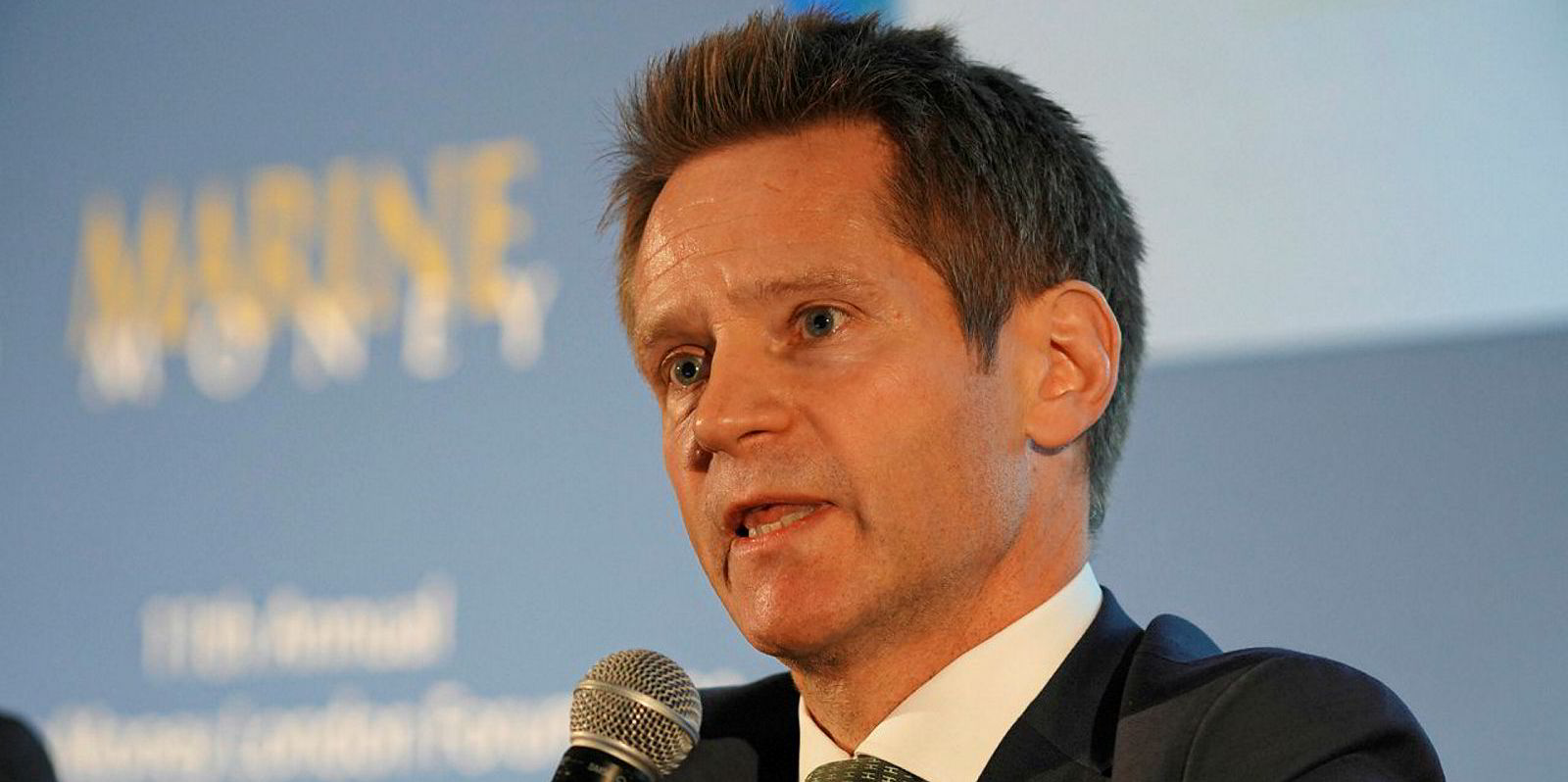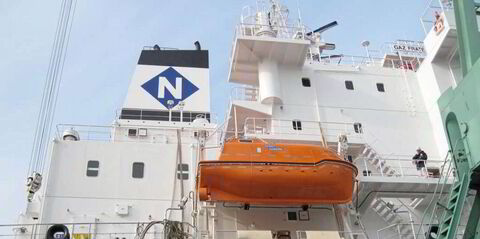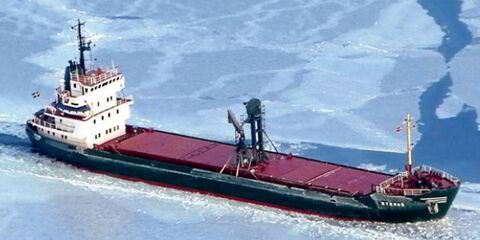Norway's Klaveness Combination Carriers (KCC) has again capitalised on the strong tanker market by fixing another of its versatile vessels on time charter.
The company has been placing greater emphasis on product tanker trades with its combination carriers due to weaker bulker rates.
KCC said on Thursday that a second of its new Cleanbu ships, which can carry oil and dry bulk, has been fixed on a three to six month deal starting before the end of this month.
This brings its fixed-rate tanker market coverage to around 85% for the second quarter, and close to 40% for the first six months.
The company had previously said one Cleanbu vessel had been fixed on a three to six-month time charter, as well as 25% of its "wet" capacity in the second half of 2020.
Chief executive Engebret Dahm told TradeWinds the two recently fixed vessels will be delivered in the Far East, but the intended trading patterns are not yet known.
"The concluded time charter rates reflect the recent weeks' strong tanker market and exceeds the reported earnings of our Cleanbu vessels to date," he added.
Flexibility the key
"Our main strategy is to use our Cleanbus in combi-trading patterns where we can create value by efficiently combining wet and dry cargoes, substantially reduce the carbon emissions of deep-sea shipping and over time generate superior earnings compared to both the tanker market and the dry bulk markets."
But he said that the amid substantial uncertainties in shipping markets and world economy as a result of coronavirus, KCC decided to capitalise on the strong tanker market "to secure medium term earnings and reduce risks".
Dahm said the deals show the flexibility of the Cleanbu concept.
"We will continue to look on ways to increase and extend tanker market coverage of our Cabu and Cleanbu fleet, preferably in our current and targeted combi trades," he added.
Strong financial position
The company said it is well-prepared thanks to Covid-19's negative effects thanks to its strong contract coverage and financial position, as well as flexible vessels that can trade in both wet and dry markets.
KCC has also recently concluded a three-year caustic soda contract of affreightment (COA) to Australia. This covers half its Cabu fleet capacity.
The shipowner is also in the process of extending other caustic soda COAs for the second six months.
The Cabu ships, which can carry caustic soda and dry bulk cargo, logged time charter equivalent earnings of $20,283 per day in the first quarter.
The Cleanbu vessels achieved improved earnings of $20,932 per day on the back of a strong tanker market and despite weak dry bulk and fuel markets and the increasing operational impact of Covid-19.
The outlook in the second quarter is positive for both vessel classes, the company has said.





